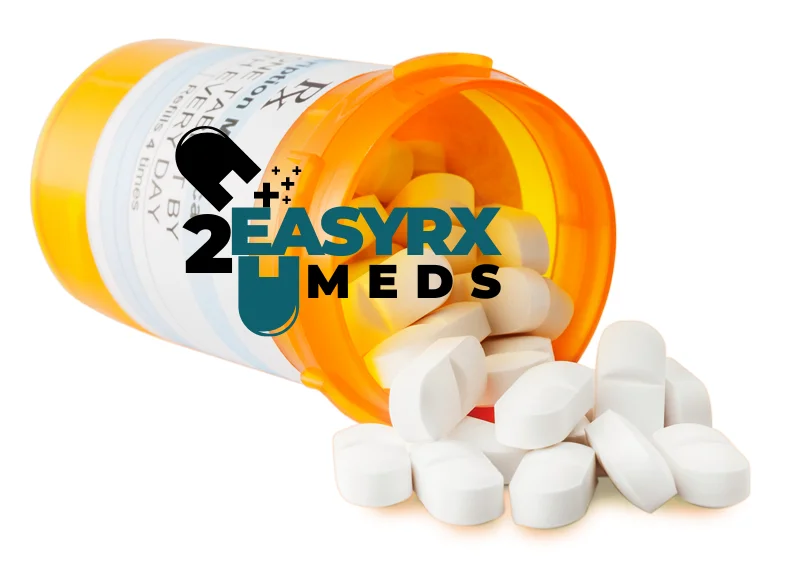There is no item in your cart
Description
Naproxen and loratadine are two different types of medications commonly used to treat distinct conditions, though they can sometimes be combined in over-the-counter (OTC) products to address specific needs like pain relief and sleep aid.
1. Diphenhydramine:
- Drug Class: Antihistamine (1st generation)
- Primary Uses:
- Allergy relief: Helps alleviate symptoms such as sneezing, runny nose, itchy/watery eyes, and hives.
- Sleep aid: Often used in over-the-counter sleep aids (e.g., Tylenol PM) due to its sedating effects.
- Motion sickness: Can help prevent nausea, vomiting, and dizziness.
- Mild anxiety: Sometimes used as a mild sedative.
- Mechanism of Action: Blocks histamine receptors (H1 receptors), reducing allergic reactions. It also crosses the blood-brain barrier, causing sedation.
- Side Effects: Drowsiness, dry mouth, dizziness, and sometimes blurred vision. It can also cause urinary retention, constipation, and confusion, especially in older adults.
2. Naproxen:
- Drug Class: Nonsteroidal anti-inflammatory drug (NSAID)
- Primary Uses:
- Pain relief: Effective for a variety of pain types, including headaches, muscle aches, dental pain, menstrual cramps, and arthritis.
- Inflammation reduction: Useful for conditions with an inflammatory component, like arthritis or tendonitis.
- Fever reduction: Helps lower fevers.
- Mechanism of Action: Inhibits the enzymes COX-1 and COX-2, reducing the production of prostaglandins, which play a role in pain, fever, and inflammation.
- Side Effects: Stomach upset, nausea, heartburn, and increased risk of gastrointestinal (GI) ulcers. Long-term use or high doses can lead to cardiovascular issues or kidney problems.
Combination Use:
Some over-the-counter medications combine Naproxen and loratadine, typically aimed at people dealing with pain that interferes with sleep, such as in cases of chronic pain (e.g., from arthritis or muscle pain). For example, products like Aleve PM combine these two ingredients to provide both pain relief and aid in sleep.
Cautions:
- Diphenhydramine should be used cautiously in the elderly, as it can increase the risk of falls and confusion.
- Naproxen should be used with caution in individuals with a history of gastrointestinal issues, heart disease, or kidney problems. It can also increase the risk of bleeding, especially if taken with other medications like aspirin or anticoagulants.
Additional information
| Bottles of Tablets | 30 Tablets, 60 Tablets, 90 Tablets, 120 Tablets |
|---|


Reviews
There are no reviews yet.